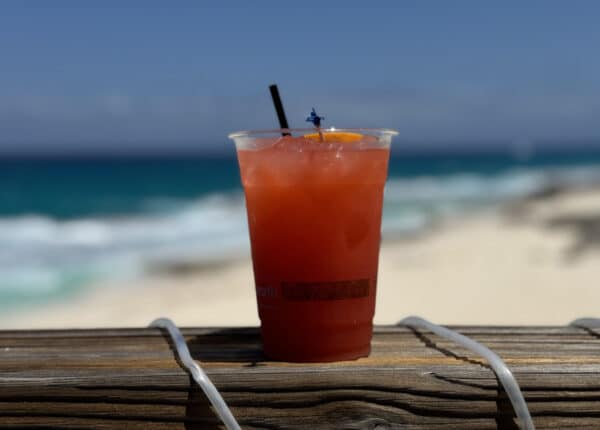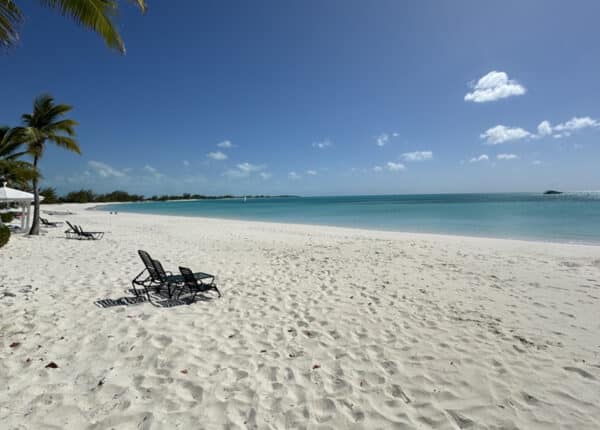THE PLANNING Institute of Jamaica (PIOJ) is targeting real GDP growth of three percent in the fiscal year 2015/16.
This is against the previously targeted 1.5 to two percent, under the current IMF agreement. I have long indicated that Jamaica has the capacity to grow at rates of between three to five percent, in the short to medium term, and also that if we are really to see meaningful growth that will impact the man on the street, then growth must be upwards of three percent.
I am sure that many will wonder if the PIOJ is being objective in targeting three percent growth, when for the past 42 years Jamaica has averaged less than one percent per annum.
In fact, the only time that we saw growth over three percent consecutively was in the 1980s.
We have, however, seen one or two years of three percent growth since then, but the problem we have had is it has not been consistent.
Another question to ask, therefore is: Even if we can achieve growth of three percent in 2015/16, how sustainable is it, because one year of three percent growth is not good enough for us to show any significant improvement in the standard of living for the average citizen.
It is also very true that even if we were to achieve a sustained period of growth of three percent, many persons could still be disillusioned, as they could end up not being impacted positively.
This is because macroeconomic growth does not guarantee growth for an individual or organisation, if that individual or organisation is not equipped to take advantage of the growth. Therefore, even in times when there is no growth many persons and businesses will still do well, because they have prepared individually.
In order for us to achieve growth of three percent and above consistently, we must first understand if we have the capacity to do so, and secondly, what would prevent us from achieving that growth. It should be noted that the PIOJ targeted 2015/16, and did not address the years beyond, based on their expectation of certain projects coming on stream. Therefore, it is very possible that, based on the projects, there could be three percent growth in 2015/16, but then we return to one percent in 2016/17. I believe, however, that as a country we have the capacity to grow at three percent, even beyond the 2015/16 year.
I say this because I don’t think that Jamaica has fully exploited our comparative advantages, and there are just a few tweaks that need to be done for us to do so.
Many of these changes are being made under the legislative and economic programme by the Government, at which Phillips and Golding are leading the charge. However, there are still some other adjustments to be made, if we are to sustainably achieve three percent and above GDP growth. In other words, while the economic and legislative programme provides a platform for growth, there are some other things that must be done.
These include addressing the law and order problem, and I don’t mean serious crimes like murder alone, but general indiscipline in the society.
I am heartened by the position taken by the new police commissioner, and supported by the statement by Minister Bunting, who, I think, has been making the right strategic moves, and in fact, his policy initiatives and work of the former commissioner did have a positive impact on crime in general, and homicides in particular.
So this has given the present commissioner an easier wicket to play on. One thing I find, though, that has changed for the worse, is that since Radcliffe Lewis retired from the Traffic department, I have noticed that the indiscipline by the taxis and buses (including JUTC) has got worse. I don’t see the same presence by the police on the roads as when he was there. I also continue to notice the blatant disregard that people have for the night noise laws.
If we cannot maintain discipline in a society, then we are going to continue to negatively affect our growth prospects. No one wants to invest, and live, long-term in a society where there is so much indiscipline. A lot of this is personal responsibility by our citizens, who seem to thrive on indiscipline, but still the authorities must enforce the rules. I wouldn’t even bother to mention the way we discard our garbage, which is most disgraceful.
This indiscipline extends to the parish councils, who over the years have been some of the biggest let-downs. I think that recently there has been some effort from some parish councils, but we must maintain the discipline of zoning laws and ensure property tax collection. How difficult can these be to enforce?
I have discussed bureaucracy on numerous occasions, and this continues to be the number one challenge that most business persons (large, medium, and small) face. All I will say on this is that I support the call by Minister Phillips for the Public Sector Transformation project to be fast-tracked. When the unit was being set up, I think in 2008/9, I indicated at the time that nothing would come of it, as the way it was set up and the implementation model made it impotent. We must ensure that bureaucracy is addressed, however, as failure to do so will stunt the growth of businesses, particularly at the much needed MSME level.
Energy is another obvious area, which I have discussed a lot also, and nothing more needs to be said as this is an obvious stumbling block to the much-needed value-added exports, which of course means more foreign exchange earnings.
There are two areas which are going to be critical if we are to see sustainable growth of above three percent. The first is the education system. I believe that Minister Thwaites has been taking the right approach to the challenges the system faces, and I also believe that the stakeholders are coming around to seeing the best way forward. What I will say is that economic growth depends on growing income levels of consumers, and the only way for us to have a growing middle class is for the workforce to become more knowledgeable/educated and hence more productive. This cannot happen in an education system with over 50 percent of our secondary school leavers graduating without one pass at CXC level.
Finally, there needs to be greater linkages between areas such as agriculture, manufacturing, and tourism. Minister Wykeham McNeill has a Tourism Linkages council, which has successfully been making a lot of this happen, and I am optimistic that the direction it is heading in will bear fruit. So he has been quietly making some positive impact there. This is an important aspect of our growth journey.
My answer to the question, therefore, would be that Jamaica does have the potential to grow sustainably above three percent, as we have the areas of comparative advantage that will attract investments. However, real sustainable growth will only come when we see the environment changing to become a place where people want to do business, live, and raise families, not just for the large investor, but more importantly, for the small and medium size business.
Dennis Chung is a chartered accountant and is currently Vice President of the Institute of Chartered Accountants of Jamaica. He has written two books: Charting Jamaica’s Economic and Social Development – 2009; and Achieving Life’s Equilibrium – balancing health, wealth, and happiness for optimal living – 2012. Both books are available at Amazon in both digital and paperback format. His blog isdcjottings.blogspot.com. He can be reached at drachung@gmail.com.







